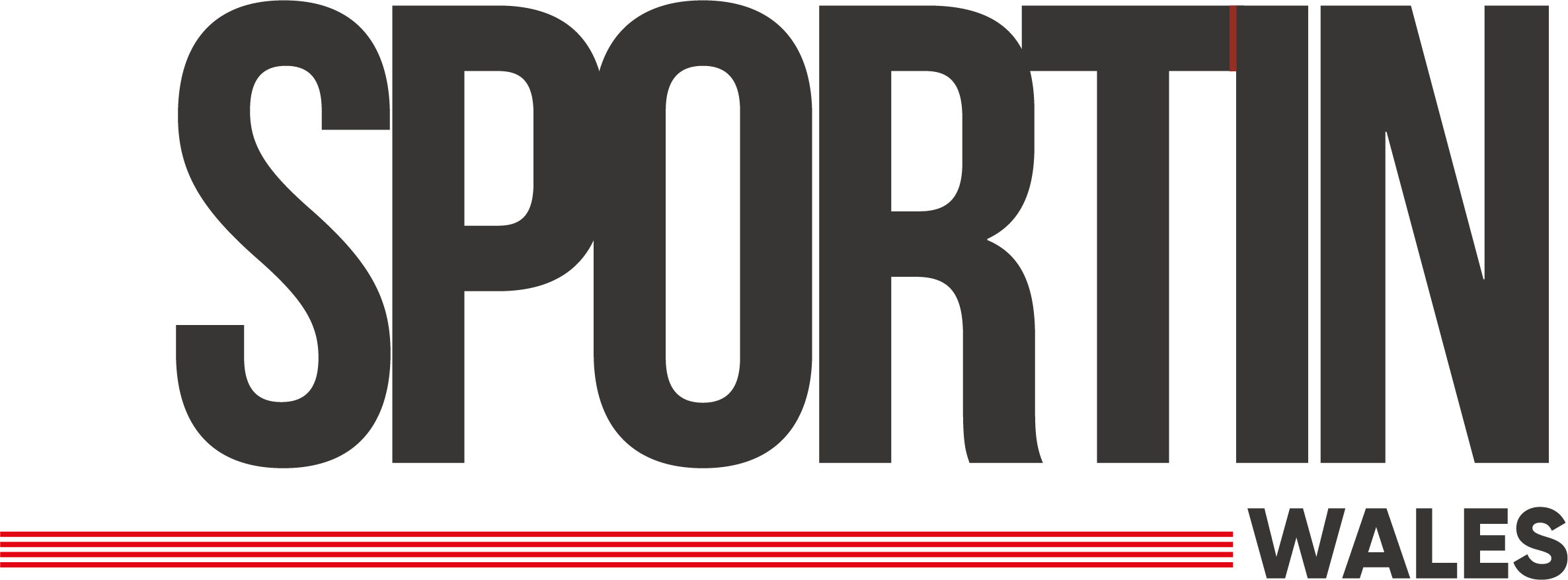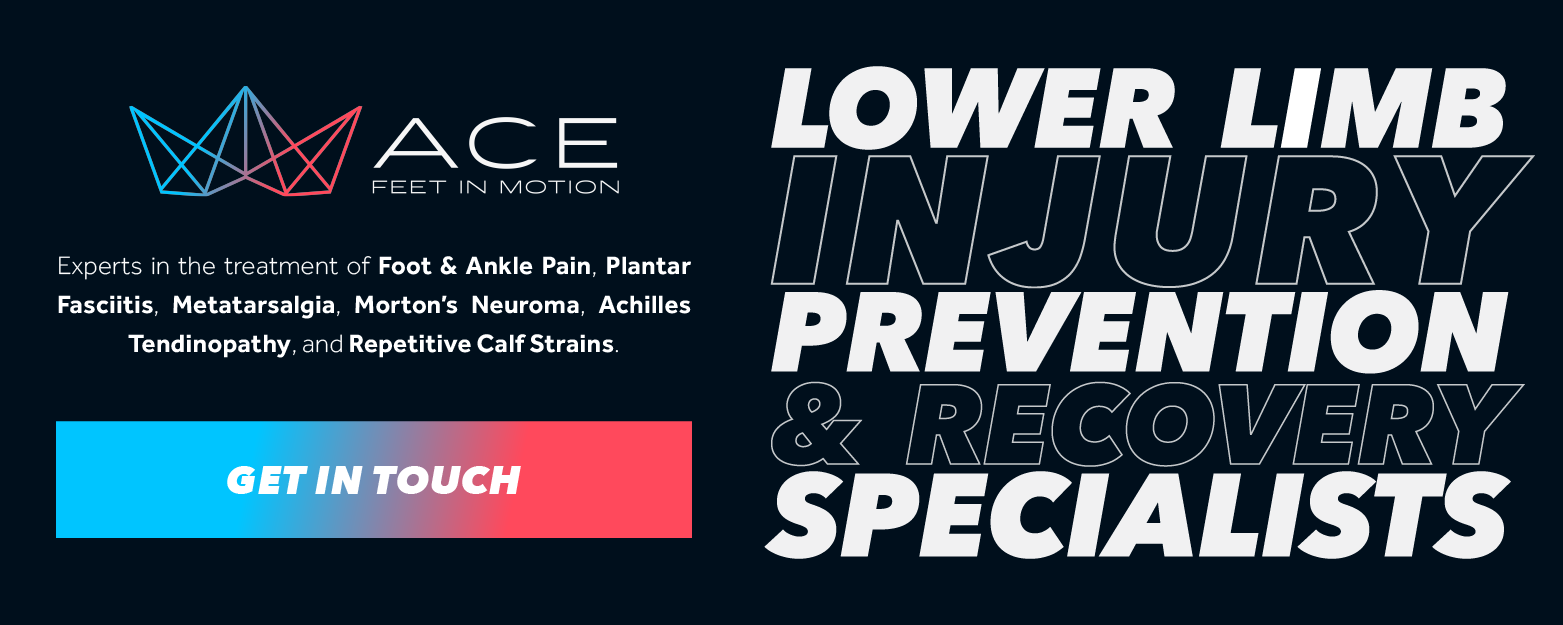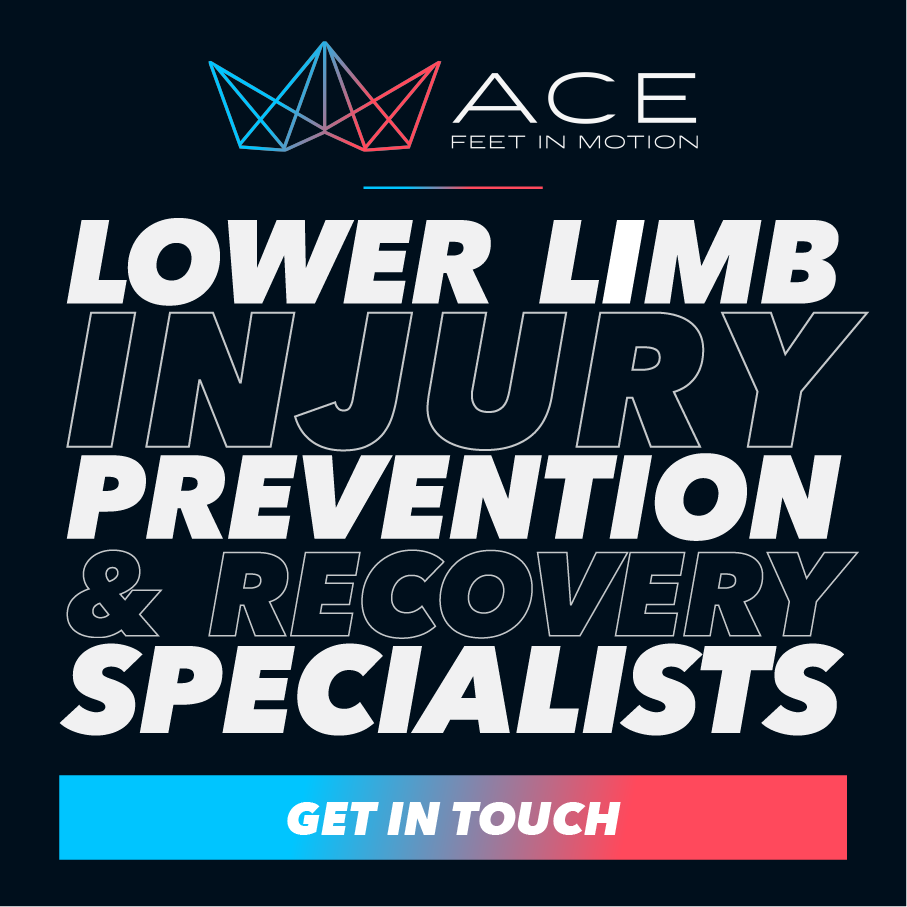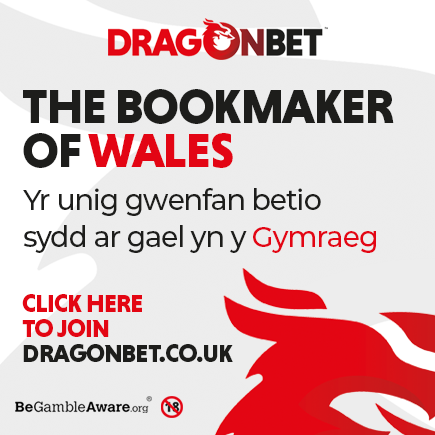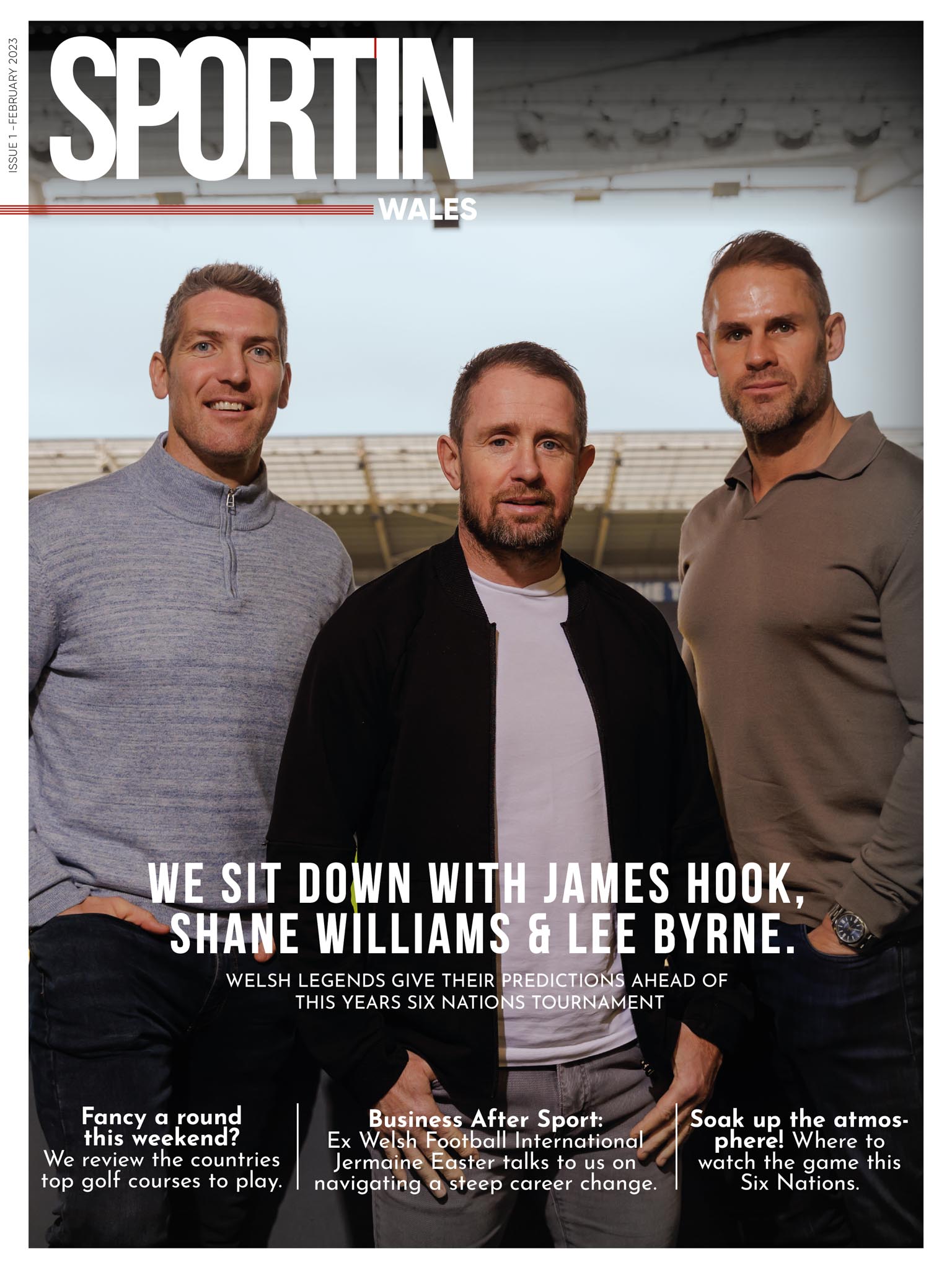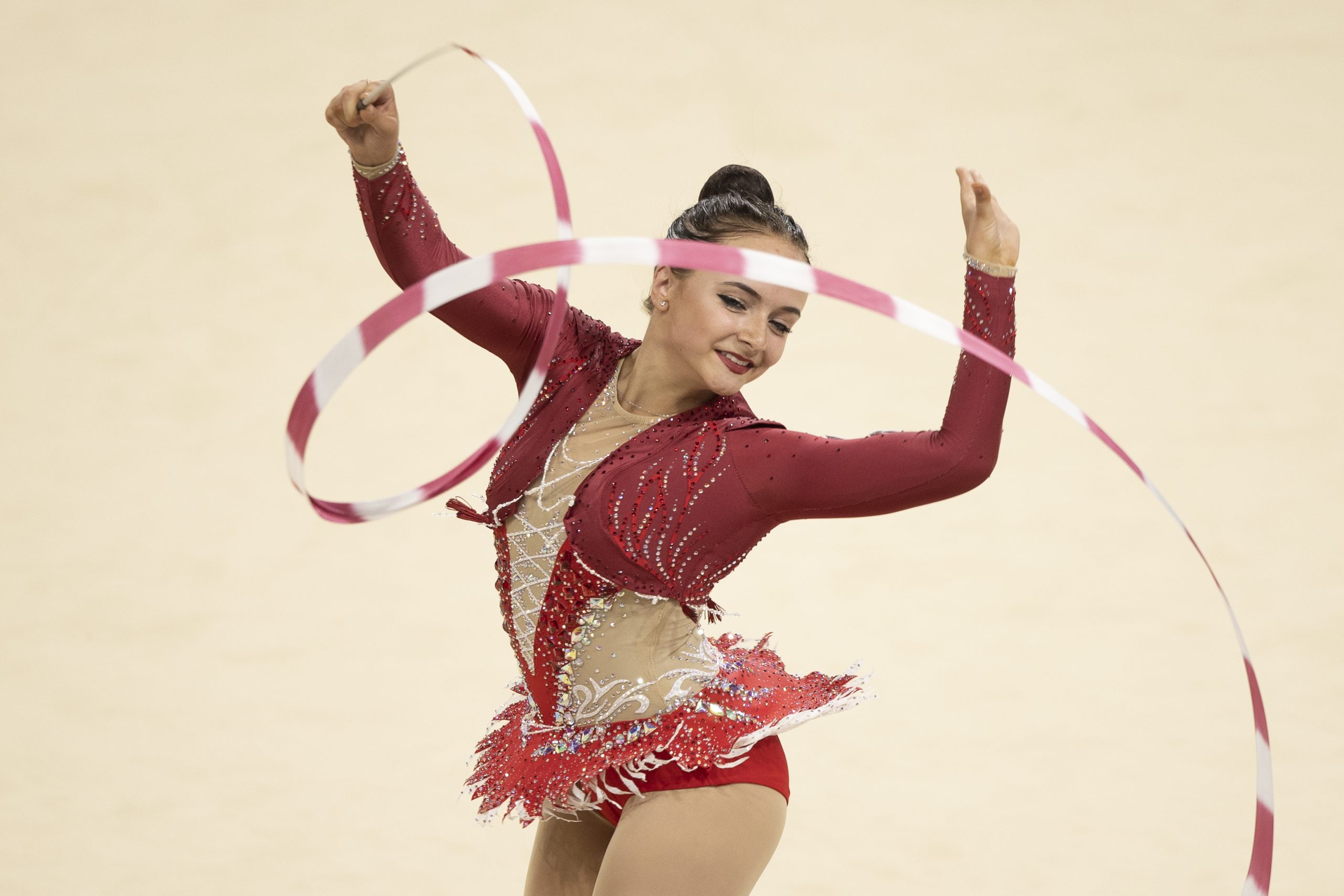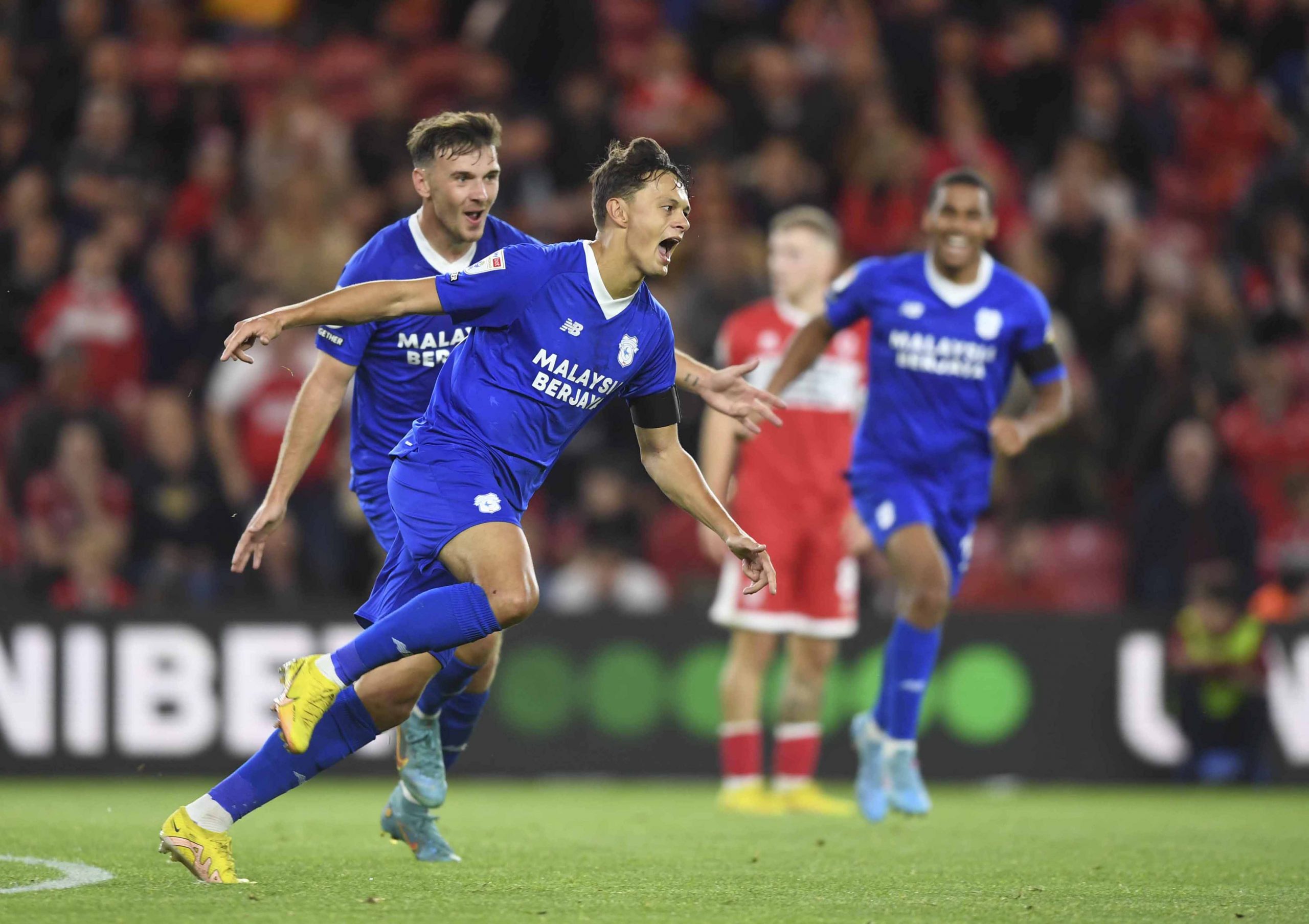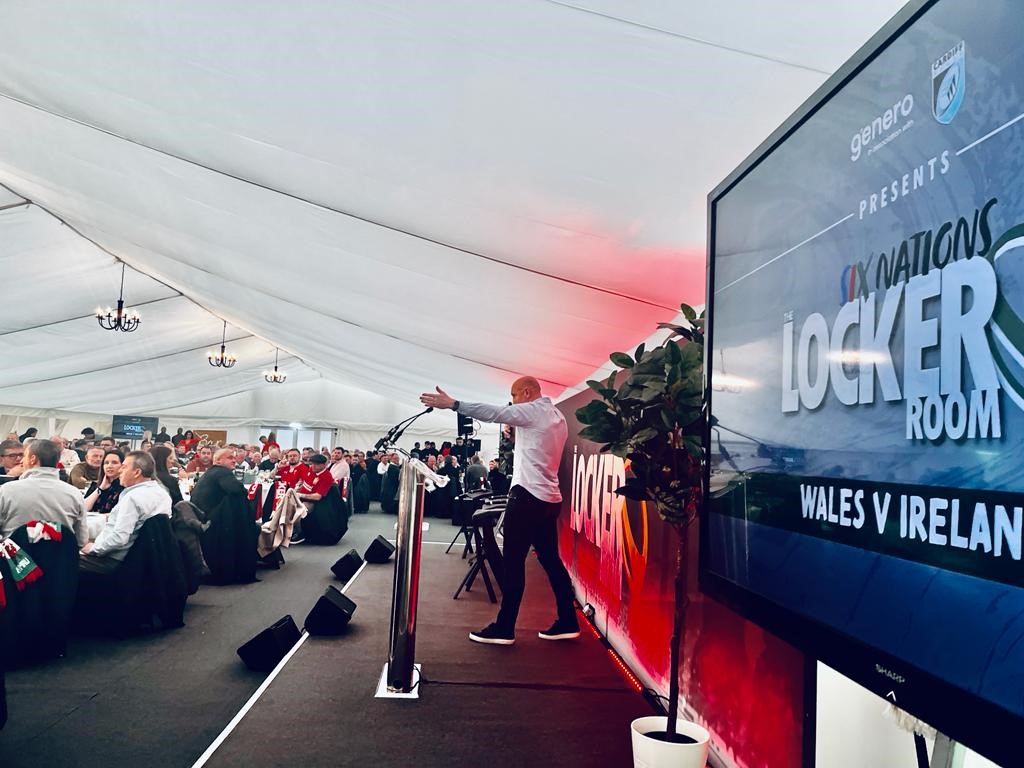Business After Sport – With Scott Otten
This issue we talk to the Ospreys Hooker who has been forced into early retirement from professional rugby on medical advice. The Swansea-born forward suffered a career-ending neck injury against Dragons.
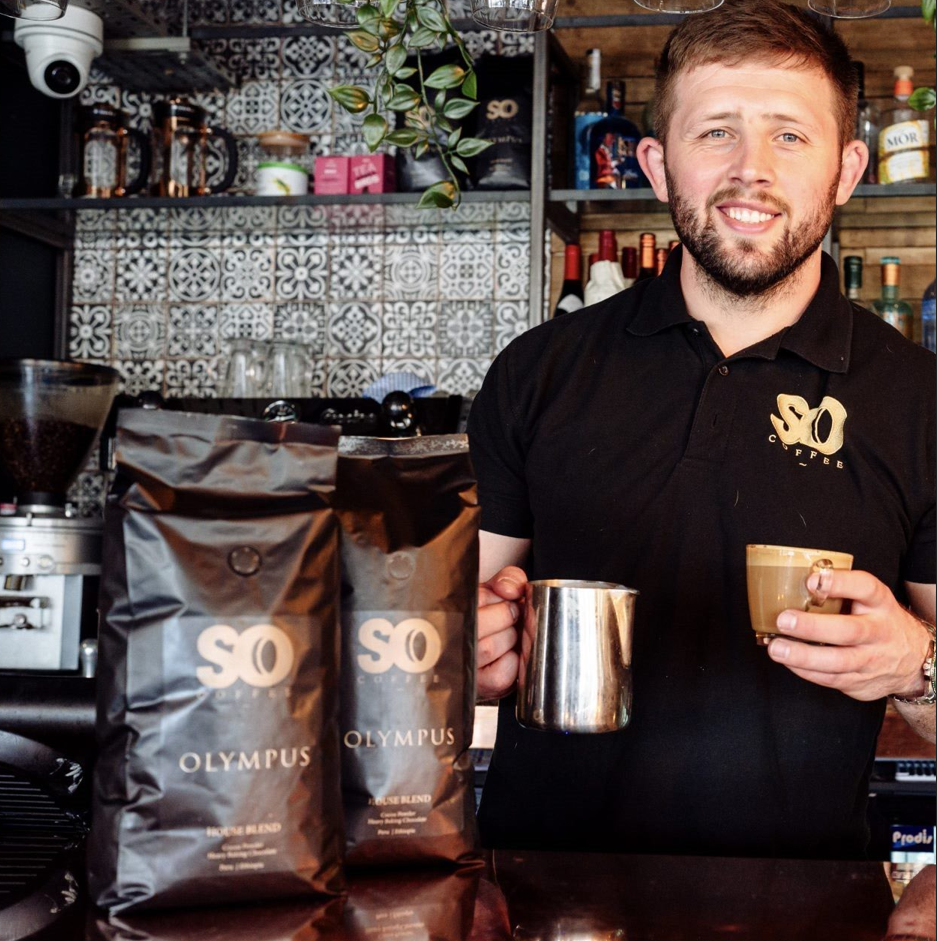
 Whilst playing rugby, he launched his own coffee brand; SO Coffee – creating four ethnically sourced premium coffee blends, distributed both online and locally across Wales. This business-stream has allowed him to turn his retirement into simply another line of work – which he is thoroughly enjoying.
Whilst playing rugby, he launched his own coffee brand; SO Coffee – creating four ethnically sourced premium coffee blends, distributed both online and locally across Wales. This business-stream has allowed him to turn his retirement into simply another line of work – which he is thoroughly enjoying.
Tell me about your journey from rugby to business?
“Professional rugby is a very intense and stressful environment at times, I didn’t want to be thinking about rugby all the time, I didn’t want it to be the only thing I talked about. I wanted to focus during training but be able to switch my mind off when I was at home.
“Any bit of spare time I had I would put a lot of hard work into building my brand, and it started to grow from there. I was still playing but I had the business ticking along. I was thinking of rebranding it when I retired, but obviously my neck injury which forced me to retire sped that process up.”
How did you come to terms with the end of your career after being forced to retire?
“I played against the Dragons, we won and everything was looking okay. I walked off the pitch. I spoke to the physio at the end of the game about my sore neck, which I didn’t think anything of really. But I woke up on the Sunday and I couldn’t move, I remember sitting on my sofa for nine hours.
“My partner was literally waiting on me hand and foot, it was quite intense. The dogs were trying to get near me and if I flinched a millimetre it would hurt.
“I was quite worried, but we are used to injuries in sport. I woke up on the Monday and I shot out of bed, so it was pretty confusing. The doctors knew I obviously wasn’t fine, I couldn’t scrummage in training.
“I then found myself the following week in a neck brace. The scans followed and the weeks went on as I waited for my neck to heal.
“When the nine weeks passed, the doctor advised me to retire. I was in the car with my partner and my father on the way home and I was just quiet for a few days.
“I asked Toby (Booth) if I could let the team know about my retirement. So, I walked into the team room at St Helen’s. None of the boys knew until I started talking. It was really emotional for me because all the boys stood up and applauded me.
“Those next few months probably saved my life, being able to focus on the business. But I hadn’t reflected on finishing my rugby career and it caught up with me after having a nervous breakdown.
“I really threw myself into the business for the first few months. It showed dividends off the back of it, but there is a fine balance between resilience and hard work and the ability to sit back and reflect on things.
I probably didn’t do that for the first nine months and then this resulted in my breakdown – which lasted around six weeks. It was a tough period of time, and it was probably worse on my partner than it was on me.”
How did you get started in business?
“I started my first company in March 2017 while I was still playing, with the idea of running my business eventually, so I could be the master of my own fate. I didn’t really want to finish rugby and work for someone else, although I’m still here at the Ospreys right now.
“The main reason for the business was because life after rugby was so scary for me, as it is for a lot of people in this current climate.
“I drank a lot of coffee with the boys, during our time off. I completed my barista course before finishing at university.”
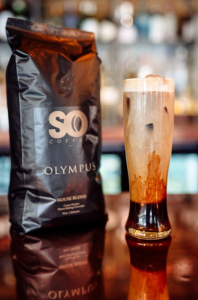 Why coffee?
Why coffee?
“Other than alcohol it’s the one drink that brings people together. What I have learnt is that if someone has a coffee in their hand, they will talk to you. Their internal focus is on the coffee in front of them, but they are comfortable which allows people to open themselves up.
“A coffee shop brings together so many different people, values and backgrounds. They all have different journeys and stories. The shop is a premises where all people want to do is relax, have a good coffee and enjoy the background music.
“It’s so powerful, the coffee business is a lot more inclusive and modernised now where you can sit on a sofa to chat with friends and family or sit on a high chair and work.”
How did you find going from a professional sport set up to a business set up? What was that transition like?
“We set up our first business, which is now an important partner, a coffee shop in Llanelli, of all places! But it was a side hustle for a few years.
“It was only until my injury, when I wasn’t really sure about what would happen next, that I decided to rebrand. This wasn’t supposed to happen until I was 35. Obviously having a neck brace on at 26, I thought to myself if I don’t do it now I will regret it.
“I wanted to make the brand to sell itself and not the fact that Scott Otten, the rugby player owned a coffee brand.”
“It was quite a quick change; I didn’t really have time to think about the rugby side of things for too long because I threw myself into the business.”
How do you deal with the competitiveness of the industry?
“I felt confident about my business as soon as I rebranded, I knew how strong the brand was. My competitive streak is even worse now than it was in rugby. It was different with rugby because there are so many different variables.
“Everything I do with coffee now is in my control, the more coffee businesses come up, the more competitive and strategic I get.”
What’s been your biggest win in your current career?
“The reputation of the brand is something that I am really proud of. We converted a small business to a six-figure business in our first nine months, which was amazing for us and then we have just continued to grow and have just signed a two-year deal with Cardiff Airport which was huge for us.
“It is a great fit because we have a big focus on our reputation and the kinds of partnerships we make. Cardiff Airport has bought into us and share our vision, it’s those kinds of relationships you make that make you feel like you are heading in the right direction.”
How would you measure your happiness, in terms of the two careers?
“It’s sport, it was really fun while it lasted. But you have to come in and focus every day to move forward and if you spend one day not doing that, that’s when it gets really hard.
“I enjoy working with different businesses and reconnecting the rugby and business side to things and learning about others as individuals and businesses.”
Which do you prefer?
“Life as a rugby player is an emotional roller coaster. The issue with sport is that if you sign a deal, by the end of that contact you don’t know where you’re going to be. At first it is one of the best places you can be, it’s a well-paid hobby. But what is disrespected these days is that sport is a fulltime job.
“I’ve never thought about the difference, because it is two very separate things. But what I can say is that rugby taught me a hell of a lot about myself. It taught me a lot about who I was and about who I wanted to be after rugby.
“I never wish I was on the field or regret that I didn’t get a Welsh cap. I am now just proud of what I achieved at the Ospreys.”
 What’s next for you?
What’s next for you?
“We are excited for what the next few months holds for the business. We are working hard to expand and hoping to showcase some new exciting partnerships.”
